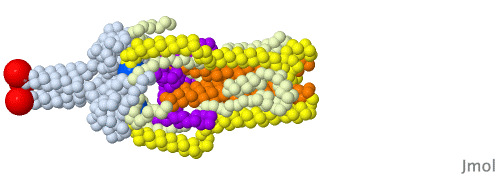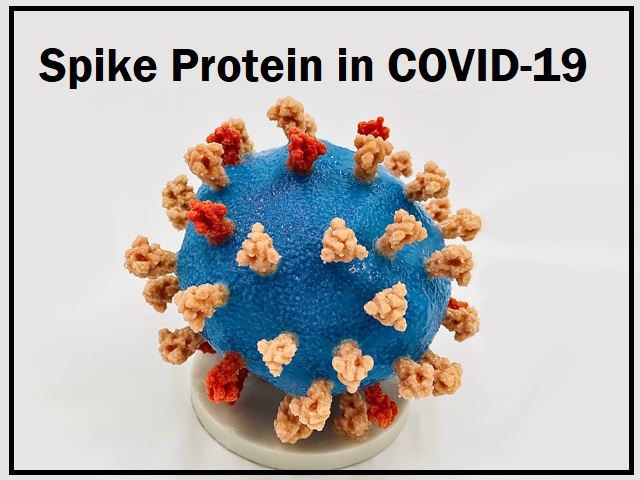
Pulmonary vascular endothelialitis, thrombosis, and angiogenesis in Covid-19. Published by Elsevier B.V.Īckermann M., Verleden S.E., Kuehnel M., Haverich A., Welte T., Laenger F., et al. Furthermore, exogenous heparin/HS can significantly reduce coagulation caused by S protein, pointing to a potential new direction to elucidate the etiology of the virus and provide fundamental support for anticoagulant therapy especially for the COVID-19 critically ill patients.Īnticoagulant therapy Coagulation Heparan sulfate SARS-CoV-2 Spike protein.Ĭopyright © 2021. SARS-CoV-2 S protein at a similar concentration (~10 μg/mL) as the viral load in critically ill patients can cause directly blood coagulation and thrombosis in zebrafish model.

Herein, we found that the S protein can competitively inhibit the bindings of antithrombin and heparin cofactor II to heparin/HS, causing abnormal increase in thrombin activity. Heparan sulfate (HS)/heparin, a key factor in coagulation process, was found to bind SARS-CoV-2 S protein with high affinity. It has not been clear whether the virus spike (S) protein can directly induce blood coagulation in addition to inflammation. Electronic address: complication has been an important symptom in critically ill patients with COVID-19. Electronic address: 6 CAS Key Laboratory of Separation Science for Analytical Chemistry, Dalian Institute of Chemical Physics, Chinese Academy of Sciences, Dalian 116023, China. Electronic address: 5 Nantong Laboratory of Development and Diseases, School of Life Science, Co-innovation Center of Neuroregeneration, Key Laboratory of Neuroregeneration of Jiangsu, Ministry of Education, Nantong University, Nantong 226019, China. 4 CAS Key Laboratory of Separation Science for Analytical Chemistry, Dalian Institute of Chemical Physics, Chinese Academy of Sciences, Dalian 116023, China.



 0 kommentar(er)
0 kommentar(er)
